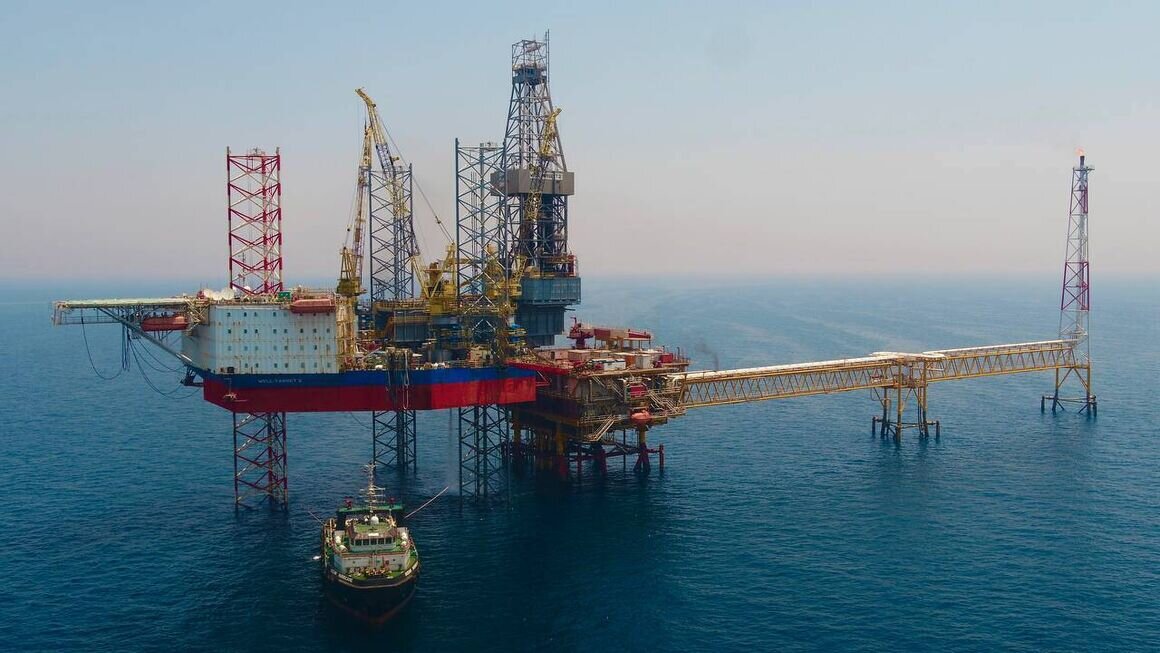
Similar Posts

Khuzestan Ports Welcome 1,538 Vessels in Record-Breaking Year
A recent report highlights significant maritime activities at Khuzestan’s ports, emphasizing their strategic role in regional shipping. During the reporting period, over 1,538 ships were serviced, with 5,600 vessel traffic operations and 6,200 pilotage instances recorded. Tugboats assisted in more than 8,000 operations. The administration issued over 10,000 maritime documents to seafarers and focused on environmental protection, collecting 5,000 cubic meters of waste. Dredging operations removed 2.5 million cubic meters of sediment to maintain navigational depth. Overall, these efforts enhance operational efficiency, support the local economy, and ensure Khuzestan’s prominence in global maritime trade.
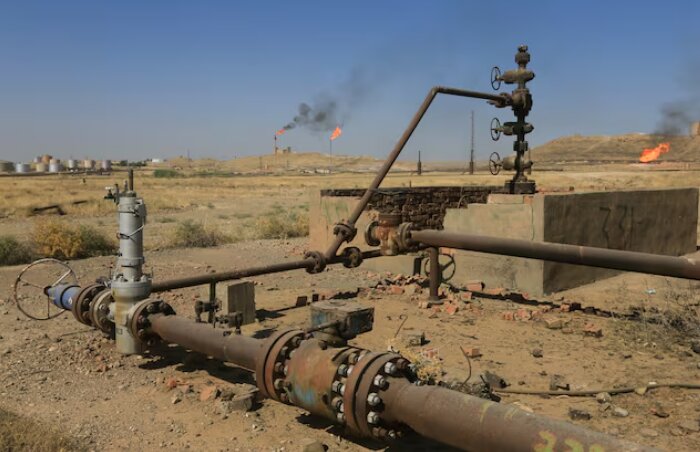
US Intensifies Pressure on Iraq to Restart Kurdish Oil Exports
The situation regarding Kurdish oil exports in Iraq is garnering international attention due to increasing pressure from the US government. Reports indicate that exports may soon resume, potentially impacting the global oil market. The Trump administration is urging Iraq to restart these exports, threatening sanctions similar to those on Iran if it does not comply. Iraq’s oil minister announced that Kurdish oil exports would recommence next week, potentially ending a nearly two-year standoff that saw a reduction of over 300,000 barrels per day. This development could stabilize the oil supply chain and ease US-Iraq tensions amid geopolitical challenges.
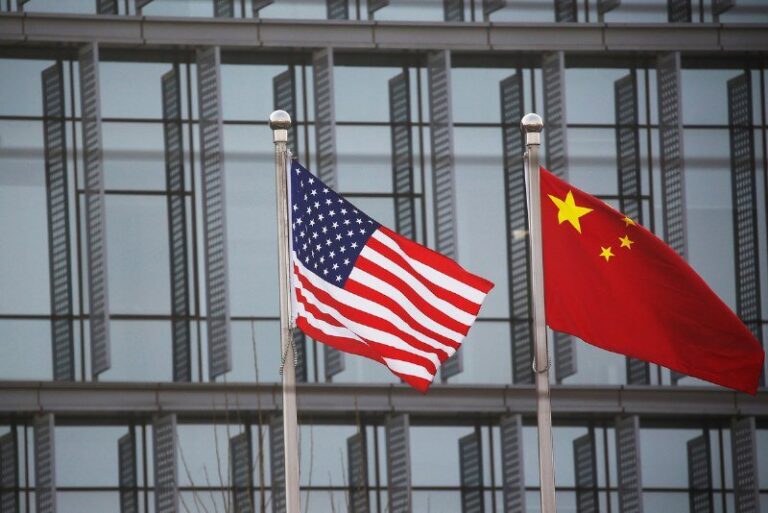
Beijing Issues Stark Warning Against ‘Appeasing’ US Amid Ongoing Tariff War
In a significant escalation of trade tensions, China has issued a stern warning about potential retaliatory measures against countries forming trade agreements with the U.S. that undermine its interests. The Chinese Ministry of Commerce condemned U.S. tariffs as “unilateral bullying” and indicated readiness to respond with countermeasures. As the trade war intensifies, other nations face economic uncertainty, increased tariffs, and potential shifts in global supply chains. Experts suggest the conflict may lead to a restructuring of trade alliances. The situation underscores the importance of diplomacy and collaboration to prevent further escalation and ensure mutual economic benefits.
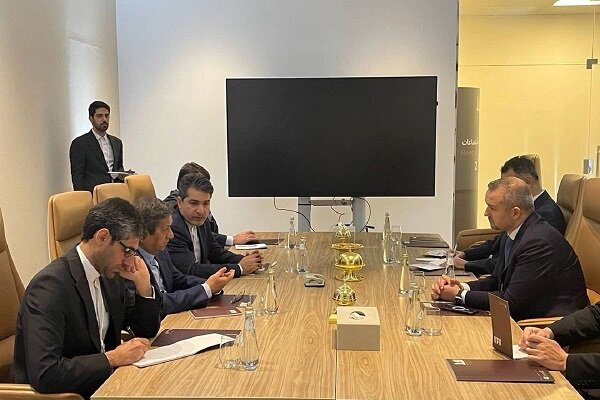
Iran’s Economy Minister Engages in High-Level Talks During Key Meetings in Saudi Arabia
At the AlUla Conference for Emerging Market Economies in Saudi Arabia, Iranian economic official Hemmati met with Abdulhamid Alkhalifa, head of the OPEC Fund for International Development. They reached positive agreements to benefit Iranian contractors and enhance technical services through OPEC financial resources for development projects. Hemmati also met with Turkey’s Central Bank Governor, emphasizing Iran’s commitment to strengthening regional economic ties. The conference highlighted the significance of emerging markets and provided a platform for discussions on cooperation and opportunities. This collaboration aims to diversify Iran’s economy and reduce oil reliance, fostering sustainable economic growth and stability.
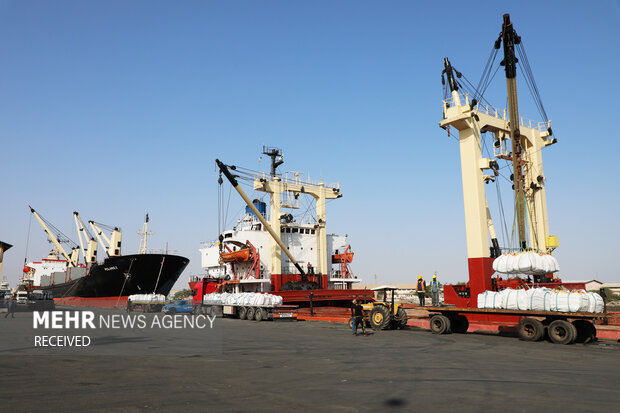
Iran’s Markazi Province Achieves $1.3 Billion in Exports Over 10 Months: A Trade Milestone!
Markazi province is witnessing significant growth in non-oil commodity exports, with a 25% increase in weight and value from March 21, 2024, to January 22, 2025, compared to the previous year. Governor Mehdi Zandiehvakili projected exports could reach between $1.3 billion and $1.5 billion by March 20, 2025. Emphasizing strategic planning, Zandiehvakili aims for the province to lead Iran in non-oil exports, focusing on infrastructure investment, market research, and capacity building for local producers. This initiative not only seeks to diversify the economy away from oil but also aims to create jobs and improve residents’ quality of life.
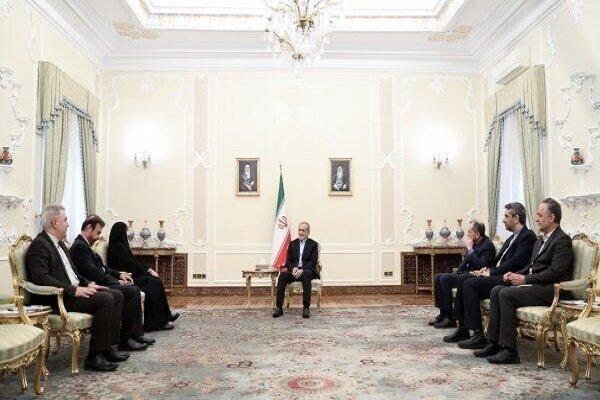
Pezeshkian Calls on Iran Envoys to Break Down Trade Barriers for Economic Growth
Iran’s president recently highlighted the vital role of new ambassadors in enhancing the country’s international relations during a meeting with envoys, including Ramin Zare (Nicaragua), Marzieh Afkham (Slovenia), and Reza Najafi (UNOV). He expressed optimism about their potential to foster exchanges in economy, politics, culture, science, and education. The president urged them to counter negative perceptions of Iran and project its true image abroad. The ambassadors will focus on promoting trade agreements, cultural diplomacy, and educational ties while advocating for Iran’s interests globally. Their efforts are crucial for improving Iran’s diplomatic standing and fostering international cooperation.